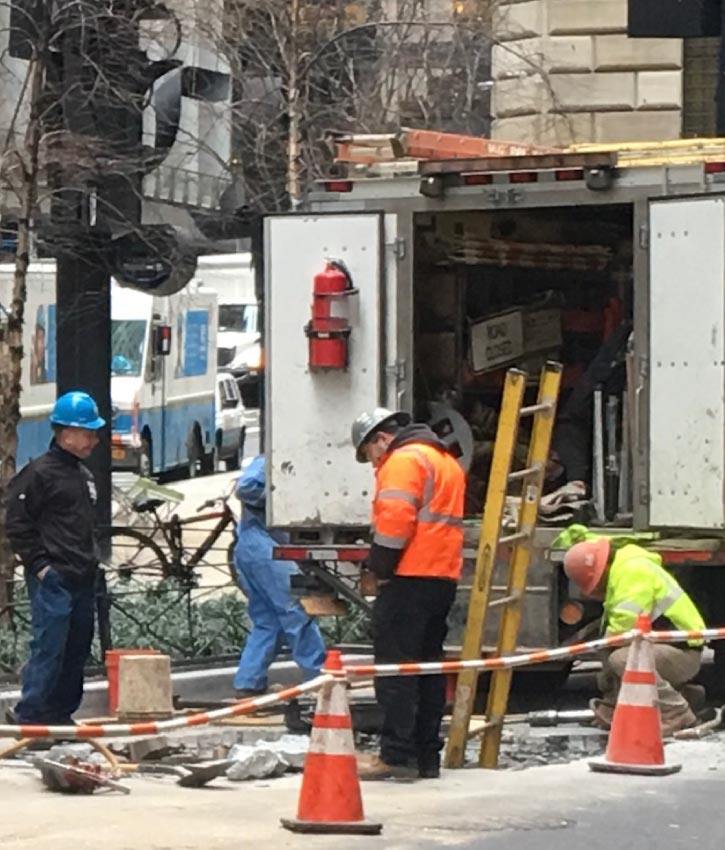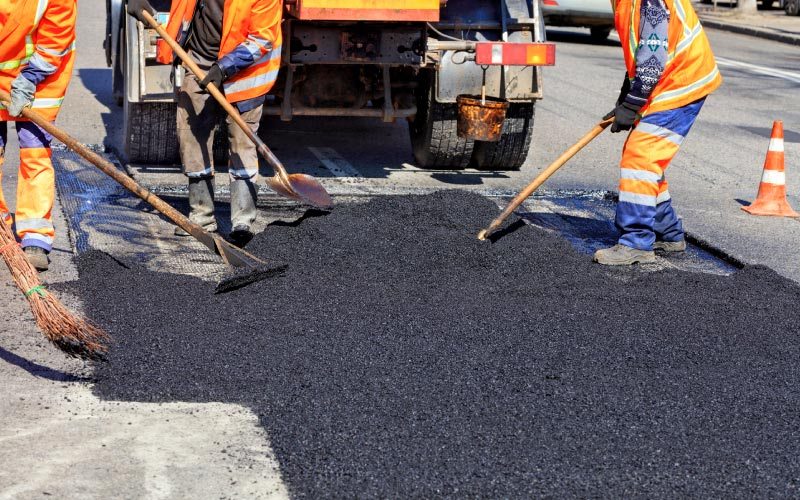HOURLY RATES SET BY THE GOVERNMENT
Prevailing Wage
If you work in construction or certain buildings services, such as security or fire guard, on projects or buildings supported by at least some government funding, you may be entitled to receive prevailing wages.
“Prevailing wages” are hourly rates set by the government to ensure that workers on publicly-funded construction and buildings projects receive a fair wage similar to that of union workers.
If you believe you may be owed prevailing wages, you should contact an employment attorney with experience handling prevailing wage matters. Pelton Graham LLC has handled prevailing wage matters throughout New York state, and prevailing wage issues in California; our attorneys are happy to answer your questions in a free consultation. We can walk you through the process, and as contingency fee lawyers, we only get paid if you get paid.
GOVERNMENT-FUNDED PROJECTS
What is prevailing wage?
Prevailing wage is a wage rate set by a government agency that must be paid for certain kinds of construction work and other building services work performed on government-funded projects. Prevailing wages are set by federal, state and some local governments including New York City and usually correspond with union rates for similar work.
Prevailing wage rates consist of two parts: the “base” wage and a “supplement” intended to cover retirement, health care and other employee benefits. Prevailing wage rates also include daily overtime, higher rates for nighttime and weekend work, and double-time pay for work performed on certain holidays.
Check the schedules for The New York State Department of Labor and the New York City Comptroller’s Office. These schedules are updated regularly. Wage rates are based on 1) the type of work performed and 2) the county where the work takes place.

Who is eligible for prevailing wage?
Prevailing wages are required for a variety of work on government-funded projects or locations. The most common is construction work and covers a wide range of physical or manual work performed on government-funded construction projects, which include new construction, maintenance, and installations.
In addition to matters involving traditional construction workers, Pelton Graham has handled matters involving security guards, flaggers at construction sites and laborers who install, test and repair systems such as fire alarms, security, HVAC and data cables.
If you work in construction or trades, work near construction sites, or perform building services on buildings or projects that receive at least some government funding, you may be eligible for prevailing wages.
Prevailing wage eligibility is determined by the type of work actually performed, not by job titles. While some supervisors are not eligible for prevailing wages, many foremen and supervisors who perform the same labor as those they oversee are required to be paid prevailing wages.
What about work before or after my shift?
It is common for employers to require construction workers to meet at a yard or warehouse before or after a shift, pick up and drop off tools and equipment, or perform warehouse work on days when construction work cannot be done. Building services workers such as security guards may be required to log into computer systems, tour the workplace, or overlap with other shifts before and after their shift.
Commuting time to and from your home is typically not required to be paid. However, travel between job sites and between a yard or warehouse and job sites should be compensated.
If you are required to do these tasks for your employer’s benefit, you should be paid for this time, including partial hours. You may be entitled to receive prevailing wage rates for some or all of this time.
I think I should be receiving prevailing wages; what can I do?
The attorneys at Pelton Graham LLC have successfully resolved numerous unpaid prevailing wage lawsuits on behalf of both individuals and larger classes of employees who were all paid less than the prevailing wage.
Contractors are incentivized to resolve unpaid prevailing wage claims quickly because government regulators can prohibit contractors from performing further public works projects if they are found guilty of prevailing wage violations. In fact, contractors and other employers who win public works projects but do not pay their employees the legally-required prevailing wages may be prosecuted criminally.
We’re Here to Help
If you believe you should have been paid prevailing wages, or if you are required to “kickback” or return a portion of your wages to your employer, contact Pelton Graham LLC to discuss your potential claim and determine how to gather information regarding the important facts of your situation, including whether a job is a government-funded or “public works” project, your hours of work, your wages paid, any discussions you’ve had about prevailing wages, and any fraudulent statement or document you’ve been required to make to government inspectors regarding your wages.
